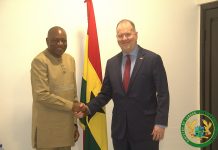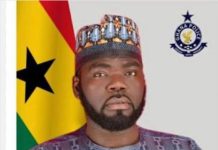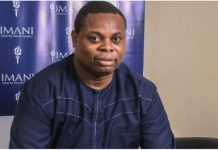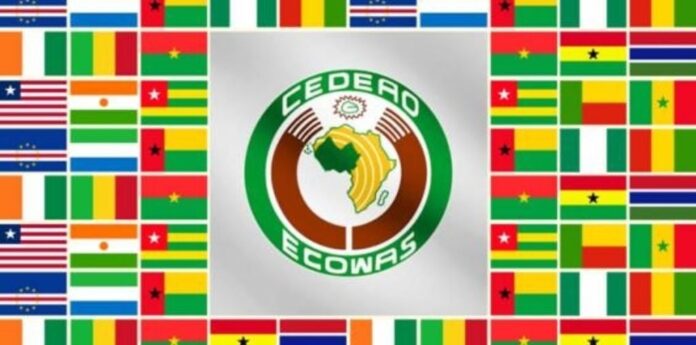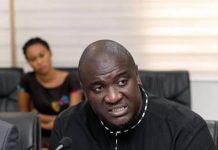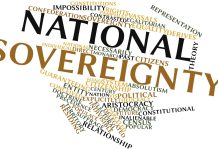ABUJA, Nigeria, December 12, 2022/APO Group/ — Stakeholders in the digital economy ecosystem in Ghana met in Accra, from 6th to 8th November 2022 for a national consultation on the draft new legal and regulatory framework to govern the digital economy in West Africa.
The objective of the meeting, co-organised by the ECOWAS Commission and the Ministry of Communications and Digitalisation of Ghana, was to solicit contributions and feedback on the draft regional regulatory framework for the digital economy being developed by the ECOWAS and UEMOA Commissions.
At the opening of the meeting, Mr. Mawuli Amoa, Program Officer for Telecommunications and Networks representing the ECOWAS Commissioner for Infrastructure, Energy and Digitalisation, highlighted how the digital economy sector is characterized by a fast pace of innovation and continuous enhancement of existing service offerings.
He stated that the objective of ECOWAS in ICT is the establishment of a well-secured common digital market, and in order to achieve this objective, the policies and regulations governing the market need to be harmonised across the region. He further stated that the approach to regulation of the digital economy in the current era should be collaborative and inclusive, with the involvement of policy makers and regulators in adjacent sector so as to foster the growth and development of digital services under a fair and enabling environment whiles at the same time protecting the interests of consumers.
It is for this reason, he said, that the ECOWAS Commission is undertaking the project for the elaboration of a new harmonised legal and regulatory framework to govern the development of digital economy sector in West Africa, which will address the emerging issues in the sector.
In her welcoming remarks, the Deputy Minister for Communications and Digitalisation of the Republic of Ghana, Honourable Ama Pomaa Boateng, reiterated the commitment to and sustained interest of the Government of Ghana in the project being executed by the ECOWAS Commission to elaborate a new digital economy legal and regulatory framework, since it kicked off in 2019. She informed the meeting that Ghana is also in the process of developing a Digital Economy Policy, and this project presents an opportunity to ensure alignment and conformance to the regional framework.
She further remarked that in pursuit of the Government’s vision of the digital transformation of the economy, three policy initiatives have been launched, namely, the Digital Financial Services Policy, the National Financial Inclusion and Development Strategy and the Cash-lite Roadmap. These policies, which she said are designed to deepen financial inclusion and accelerate the shift to digital payment, are examples of the cross-sectoral collaboration to make the most out of digitalisation for the benefit of citizens.
The Deputy Minister commended the ECOWAS Commission for recognizing the importance of extensive consultation with Member States in the development of the regional digital economy legal and regulatory framework and urged participants to take advantage of the opportunity to reflect Ghana’s aspirations for the common digital market.
Participation in the consultation was drawn from the Ministry of Communications and Digitalisation, the National Communications Authority, Ghana Investment Fund for Electronic Communications, Data Protection Commission, Cybersecurity Authority, the Ministry of Trade and Industry, Ministry of Foreign Affairs and Regional Integration, the Attorney-General’s Department and the Ghana Domain Name Registry. Representatives from communications service provider and participants from some technical universities were also present.


